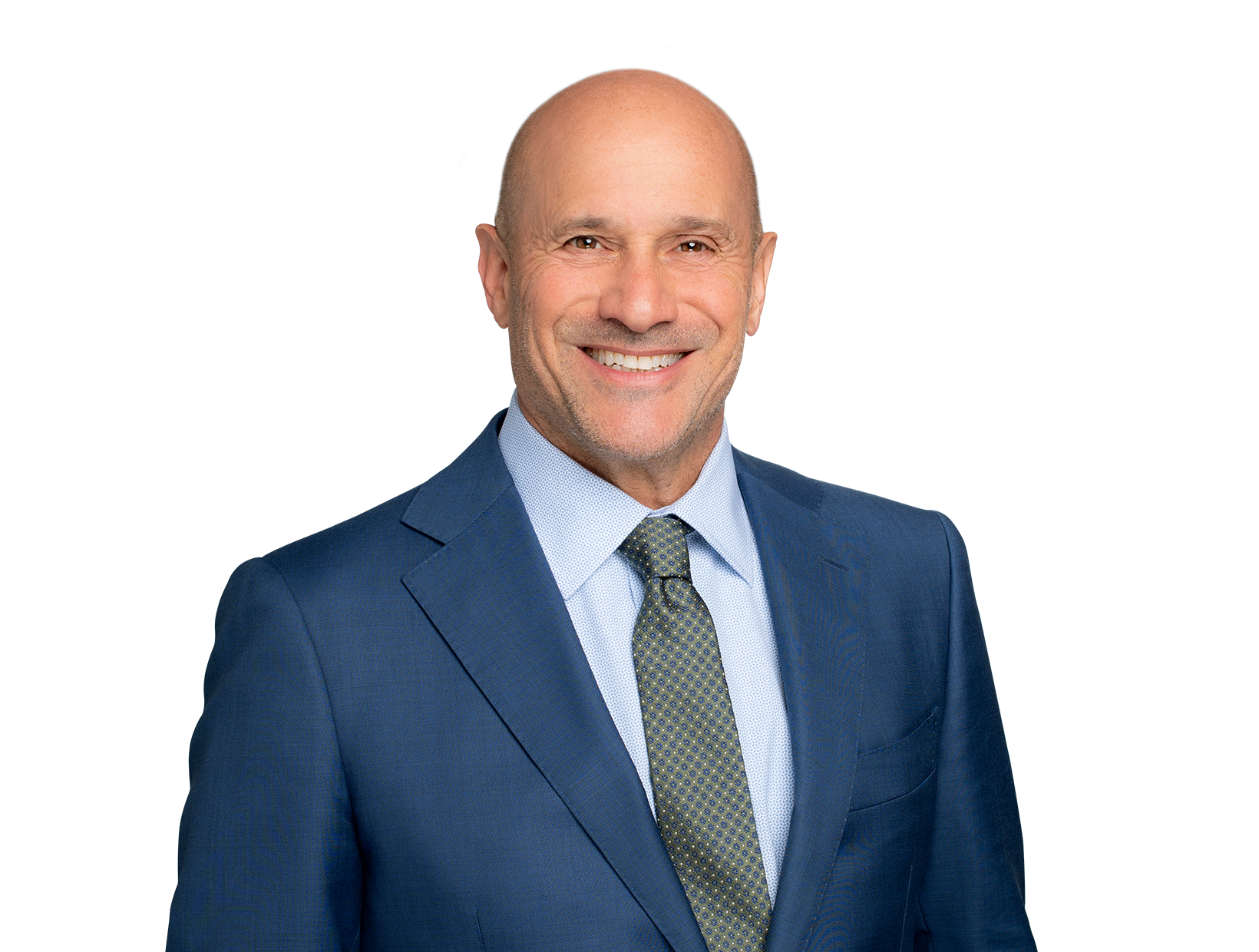Blog
CDCA excludes opinions on non-comparable license agreements
Fish & Richardson
Authors
-
- Name
- Person title
- Principal

On April 21, 2014, Judge Guilford of the Central District of California issued aDaubertopinion in Universal Electronics, Inc. v. Universal Remote Control, Inc., Case No. SACV 12-00329 AG (JPRx), addressing numerous motions to exclude. The issue of primary interest concerns plaintiff's expert's setting of a 3% "baseline royalty rate" based on four license agreements the court found not sufficiently comparable. The expert is Frank Bernatowicz.
The first flaw in Bernatowicz's opinion, according to the court, was that he did "not even attempt to compare the [patent at issue] to the agreements that he asserts establish a baseline royalty rate for that patent." Slip op. at 19. The court quoted LaserDynamics: "When relying on licenses to prove a reasonable royalty, alleging a loose or vague comparability between different technologies or licenses does not suffice." 694 F.3d at 79.
Another flaw concerned Bernatowicz's failure to account for how the litigation context of the four licenses was affected by the litigation from which they arose. Quoting the court:
Bernatowicz simply assumes that the litigation licenses represent "the lowest royalty rate or the 'floor' for compensation for the accused infringer's authorized use of UEI's patent rights that UEI is willing to accept even without the assumption that the patent rights are valid and infringed . . . ." (Bernatowicz Rep., Ex. 150 51). This ignores that a litigation defendant may pay simply to "avoid[] the risk and expense of litigation." Rude v. Westcott, 130 U.S. 152 (1889). While settlement licenses may be considered, the patentee has the burden to prove the comparability of the licenses. ResQNet, 594 F.3d 860 (2010). Bernatowicz did not do so.The court addressed a final argument by plaintiff: citation to things that Bernatowicz did in preparing his opinion. The court reasoned this exercise did not save the opinion, because plaintiff failed to cite "authority for the admissibility of expert testimony where the expert considers relevant material, but fails to provide an opinion explaining how that material leads to his conclusions. To the contrary, "[a] court may conclude that there is simply too great an analytical gap between the data and the opinion proffered."" Slip op. at 20 (quoting Gen. Elec. v. Joiner, 522 U.S. 136, 146 (1997)). The court excluded Bernatowicz's opinion on the baseline royalty rate.
The opinions expressed are those of the authors on the date noted above and do not necessarily reflect the views of Fish & Richardson P.C., any other of its lawyers, its clients, or any of its or their respective affiliates. This post is for general information purposes only and is not intended to be and should not be taken as legal advice. No attorney-client relationship is formed.